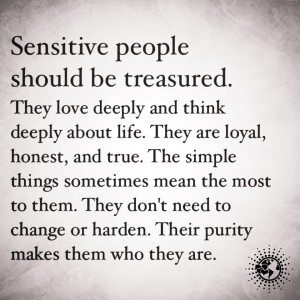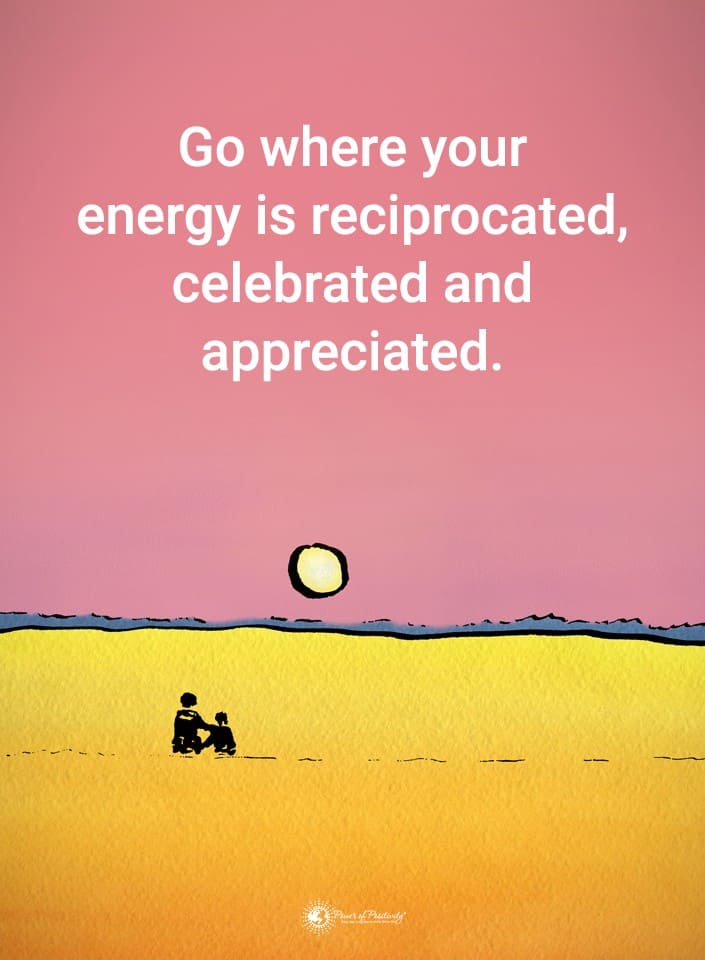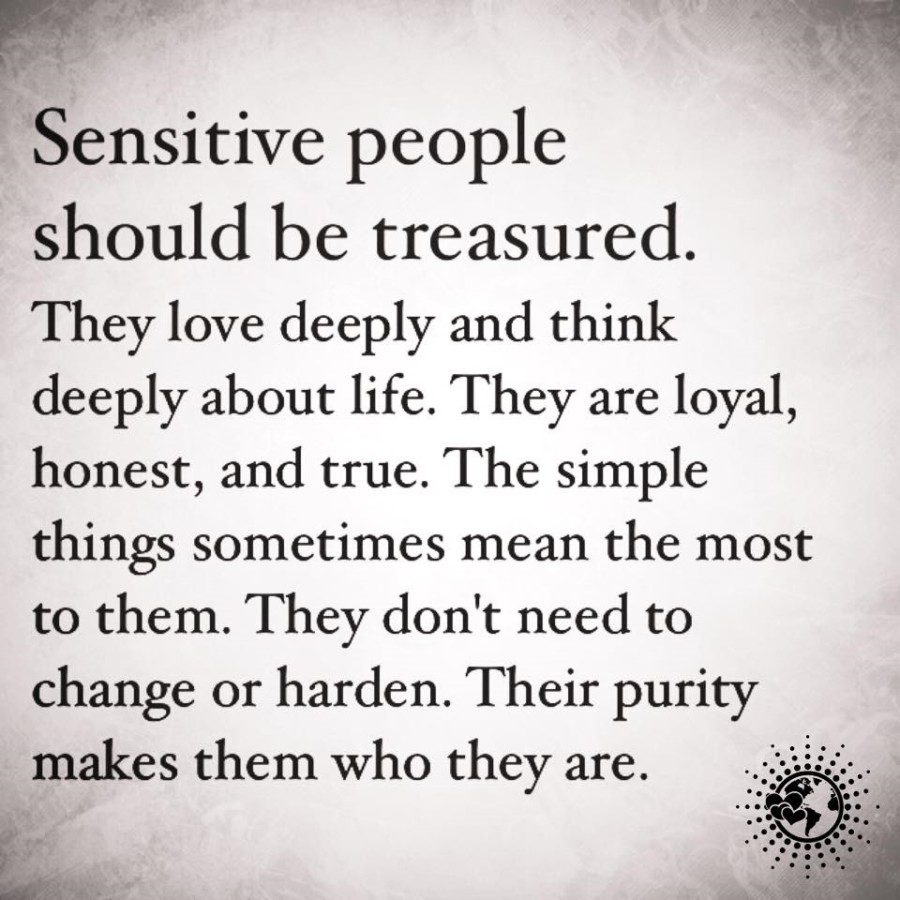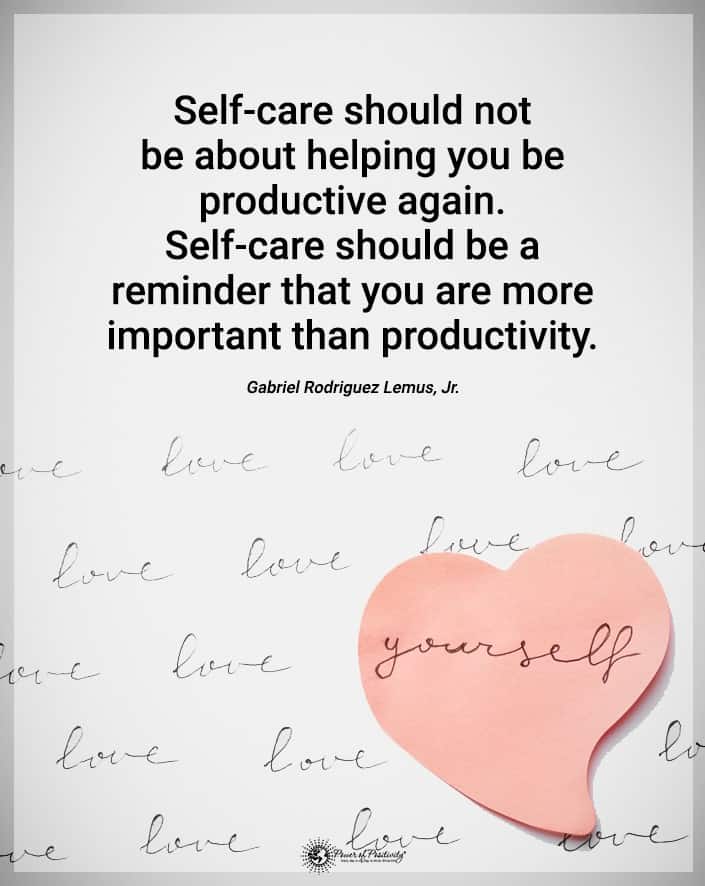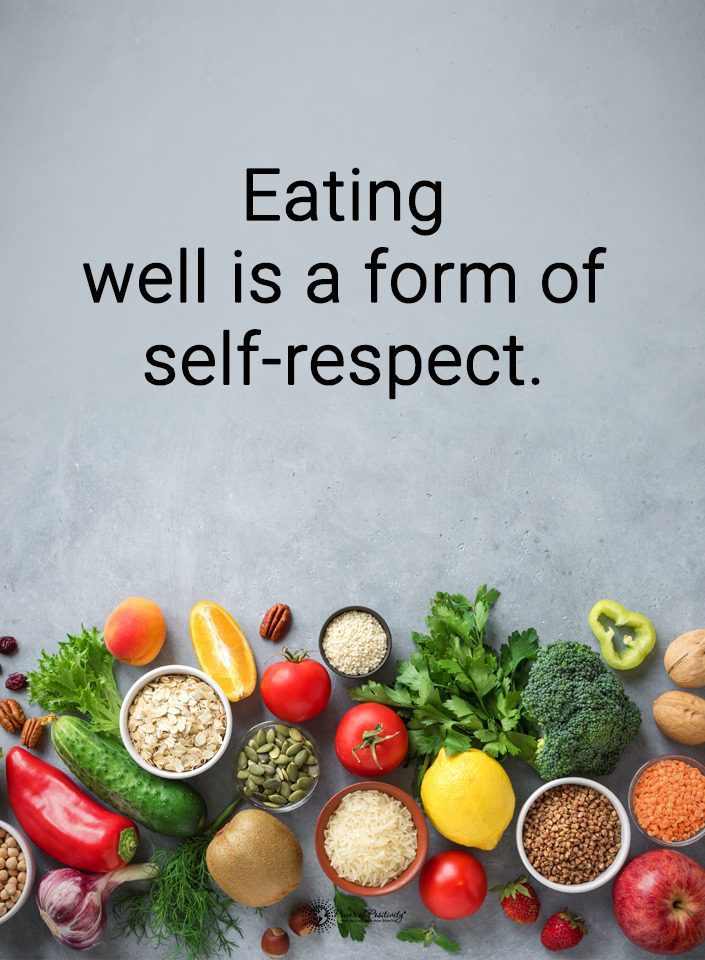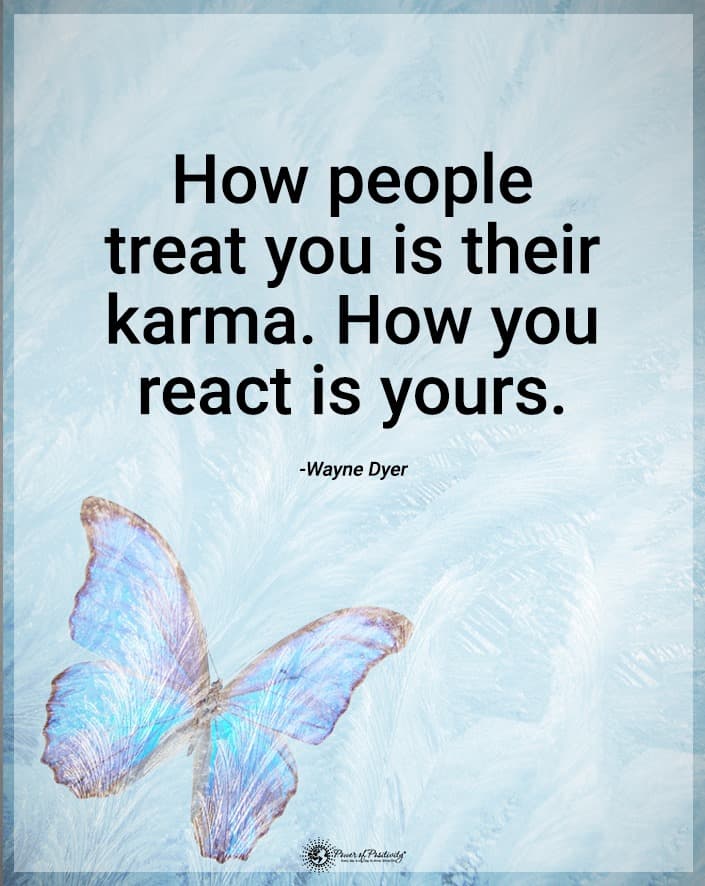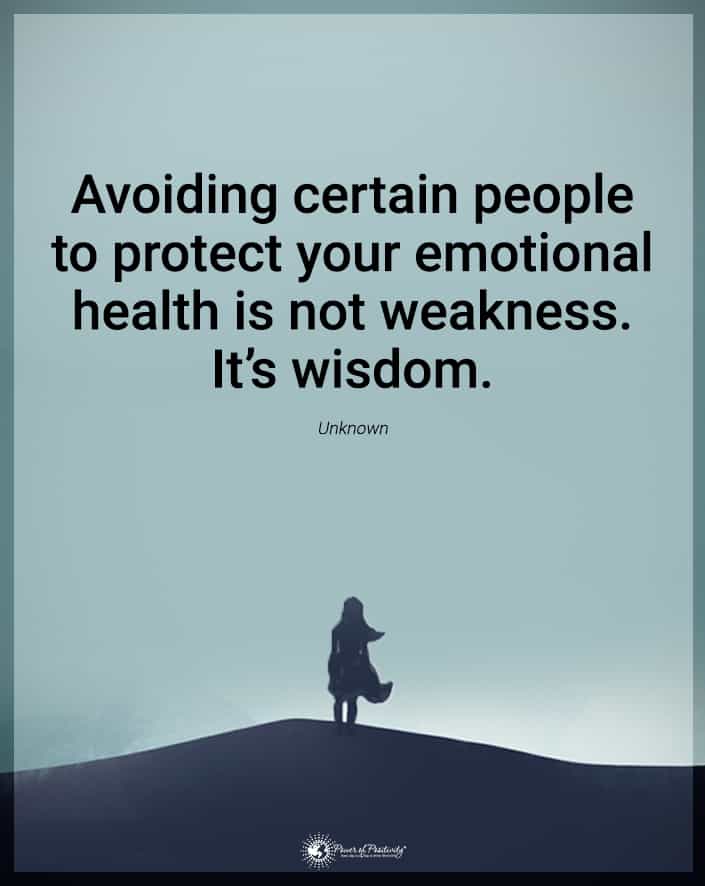Anxiety is caused by fears and strain of expectations. This emotional turmoil can put a huge tension and stress on relationships. Dr. Susan Heiter, who specializes in relationship counseling in Denver, says that she “sees cases in which anxiety, worrying and fearfulness block ability to enjoy comfortable relationships. Anxiety undermines a sense of confidence and personal power. It can arrive mysteriously, like a sudden fog on a clear day, and can hang on far too long.” There are things that trigger anxiety in relationships.
Here are 7 problems anxiety causes in a relationship and how to avoid them:
1. Being overly needy
We all want to feel wanted while being shown love through affection. However, there is a difference when you suffer from an anxiety disorder. The neediness can turn into a compulsion and it becomes too much for the other person in the relationship. Neediness becomes a smothering mechanism that suffocates the union. The person suffering from anxiety worries about seeming too needy, which then causes more neediness in the relationship.
If you begin to feel the helplessness of needing constant reassurance, step back and recognize the behavior. Find ways to cope with your fears while relying on you. When you feel better about yourself, you don’t need another to reassure you. Get creative. Fill the anxiety with positive reinforcements such as meditation, exercise, reading, or writing.
2. Jealousy
Jealousy stems from insecurities, and it’s all-encompassing. It comes from the fear of loss. It affects trust in a loving relationship. When you suffer from anxiety the magnitude of jealousy can be astronomical. You begin to spin out of control thinking about your mate cheating.
When fear lessens, so does jealousy. Recognize the behavioral patterns. No one likes to be accused of things they have not done. Trust is what makes and breaks a relationship. If you can identify the source of fear, you can stop the cycling in the mind. Put your feelings in place and don’t push your partner to the point of making a decision.
3. Chronic Stress
Stress escalates anxiety in a relationship. Financial and health issues are top on the list of stresses. It’s important to try and separate these from your relationship as much as possible. You must maintain a union with your partner rather than push him/her away. Anxiety makes you feel as if you have lost your footing in everything.
Talk about your fears with your partner. Do not blame or shame yourself, or your partner. Share your concerns. Speaking about what worries you is important to let the fear subside. Those things that live in our heads can be set free when we open up to them.
4. Impulsiveness
Anxiety can create moments so unbearable that you feel impulsive. In those erratic moments you can say things that you don’t mean. You can make irrational decisions. You can even act out in destructive behavior. Your partner may or may not tolerate these behaviors for very long.
If you find that anxiety is making you do things impulsively, sit down and breathe. Let those moments where you feel that you are about to jump the gun pass. Find something else to do. When you step back from a situation for a bit you can redirect with a positive attitude. Anxiety forces you to spin out of fear. Every emotion that follows moves on a roller coaster track. Substituting those moments with a different scenery makes a difference. Step outside. Sit in nature. Let the focus lessen before you return to talk with your partner.
5. Negativity
Negativity has a huge impact on fear-based emotions and disorders. Anxiety forces you to take on a victimization personality which is deteriorating in a healthy relationship. A negative outlook towards anything can cause your partner to take seclusion. No relationship can endure too much negativity unless it’s an abusive relationship that feeds on fears and control.
In order to shift your awareness from negativity, you have to change environments. Anxiety has a way of creating stories that aren’t real. If you are experiencing a constant mood of doom with your partner, ask yourself if this is a healthy way to live. Get assistance in this manner. Anxiety can produce a tremendous amount of scenarios that may be eliminated when you face them with someone else. Use positive mantras and affirmations.
6. Addiction
Addictive behaviors and actions can bring about a monsoon of anxiety. In relationships, when one person suffers from substance abuse, this can make the anxious person even more erratic. Drugs, alcohol or other substitutes are substitutes to a deeper issue. You cannot numb the problem or repress it. You must ask yourself if the relationship is causing this and what good will come out of it? If it’s your partner who is suffering from addiction, it’s important to get a hold of the situation for your safety.
If you are the one covering up the anxiety with drugs, sex, food or alcohol, get professional help.
7. Assumptions
When you suffer from anxiety, the last thing you need is jumping ahead of the game. You don’t need to be speculating what will happen in your relationship. One thing is to make plans for the future, but another is to be worrying about things that haven’t happen. You cannot guess your partner’s feelings, so assuming how he or she feels is unfair.
Speak openly to your partner about how you feel. Don’t over stress on the issues. In an open and loving relationship, freedom of speech is a given. You can discuss anything. Assuming and expecting are destructive behaviors in a relationship. You are condemning someone before anything has or could happen.
If you are experiencing these problems, ask yourself if the relationship is worth saving. And, are you willing to change even if your partner doesn’t change? Changes are going to happen in life. Jobs, housing, parenthood, taking care of elderly parents…these are all parts of our life experiences. You need to understand your triggers when it comes to changes. Don’t wait for the panic to strike.
Anxiety is debilitating. It can take over someone’s life and end relationships if not addressed properly. Determine the causes of your stress and fears. Work with a therapist, a support system, and your partner. You can get through this with help. If you want to save your relationship, there is always a way!
Writer Anais Nin expressed her own struggles with how anxiety dictates a relationship: “Anxiety is love’s greatest killer. It makes others feel as you might when a drowning man holds on to you. You want to save him, but you know he will strangle you with his panic.”
Related article: This Is For Every Person Who Has Ever Had Anxiety


